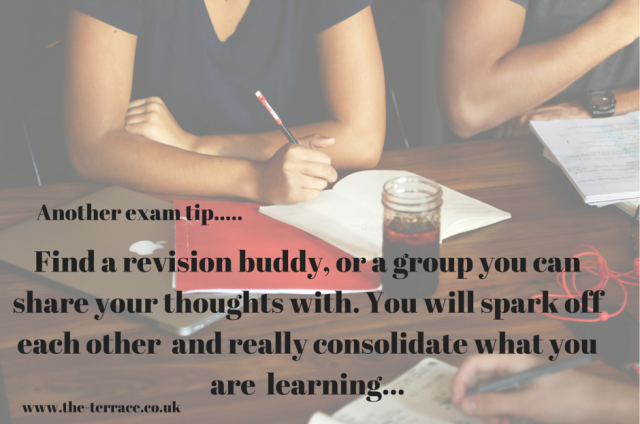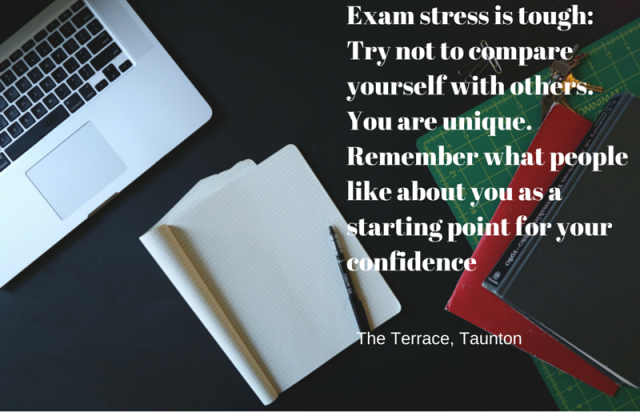 It has always been tough to be a teenager – it is a rite of passage; a period when wanting to be treated as an adult combines with the vulnerabilities of childhood to make an often confusing mix of emotions. But are 21st century pressures increasing the risks of long-term health issues?
It has always been tough to be a teenager – it is a rite of passage; a period when wanting to be treated as an adult combines with the vulnerabilities of childhood to make an often confusing mix of emotions. But are 21st century pressures increasing the risks of long-term health issues?
News today suggests that a Department of Education survey of pupils aged 14 and 15 has found that more than one in three of the teenage girls report symptoms of anxiety and depression. This equates to a rise of 10% over the past ten years and as such is clearly a major concern for parents, educators and society as a whole.
Girls reported considerably higher levels of psychological distress than the boys – 37% having three or more symptoms compared to just 15%, and in boys the percentage has fallen since 2005.
The Daily Telegraph quotes Nick Harrop, of charity YoungMinds, who believes it has much to do with the way in which 21st century life impacts on young women:
“Teenage girls today face a huge range of pressures. Stress at school, body image worries, early sexualisation, bullying on and offline and uncertainty about the future after school are all piling on the stress,” he tells me. “Social media also puts pressure on girls to live their lives in the public domain, to present a personal ‘brand’ from a young age, and to seek reassurance in the form of likes and shares.”
Certainly, the rise of Instagram, Snapchat and the other image based social media channels has created more ways to challenge a girl’s image of herself compared to her peers, and sadly, to the photoshopped images of models and celebrites. Girls report issues with eating, with concentration and with anxiety, as they are constantly made aware of the importance of appearance in the media. Too little emphasis seems to be put on successful career women, perhaps, rather than those who model or walk the red carpet.
But others, such as former mental health tsar Natasha Devon think it is more to do with the kind of lives young people have to lead now, as parents work longer hours and success in life appears driven by higher salaries and working harder than ever to buy those things, such as a home, that previous generations took for granted. In addition, all those subjects that supported good mental health are squeezed in the recent changes to the curriculum – music, art, sports and drama often provided a balance to the more academic subjects in which a young person felt more pressurised. Interestingly, those from a more affluent background were more likely to feel worried about achieving less than their parents hoped for them.
But Natasha Devon thinks the only difference between the sexes is how they deal with their mental health problems. She is quoted as saying:
“At an adult level, women are three times more likely to be diagnosed with anxiety and depression, which makes them look like primarily female issues. But men are more likely to seek help for substance abuse and are far more likely to take their own lives. It suggests to me women seek help for anxiety and depression but men self-medicate and tend to wait before they reach crisis point.”
This tends to suggest that where girls might be more ready to seek help, in the longer term it is boys who need greater support.
So what can be done? Here at The Terrace we have a number of therapists skilled in working with children and young adults, and we know how complex an issue this is. A good place to start would be in schools, where changes in behaviour can be noticed early and elements put in place during the school day to support self-confidence and self-esteem.
What do you think would be a good first step? We would love to hear your views on what could be a proverbial ‘time bomb’, as a generation struggles to come to terms with the every-increasing and pressurised pace of 21st century life.
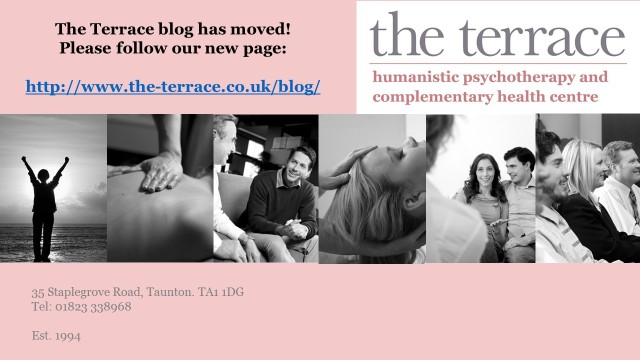

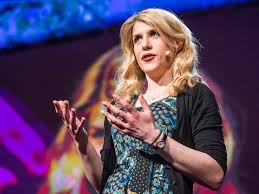
 It has always been tough to be a teenager – it is a rite of passage; a period when wanting to be treated as an adult combines with the vulnerabilities of childhood to make an often confusing mix of emotions. But are 21st century pressures increasing the risks of long-term health issues?
It has always been tough to be a teenager – it is a rite of passage; a period when wanting to be treated as an adult combines with the vulnerabilities of childhood to make an often confusing mix of emotions. But are 21st century pressures increasing the risks of long-term health issues? I mentioned in the
I mentioned in the 
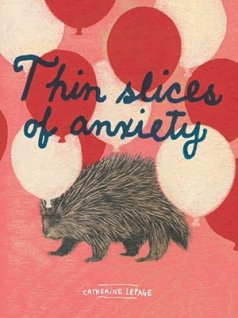 An article in The Guardian struck me quite forcefully today. It highlighted the value of a book that I have come across before – its pictures representing a personal struggle against anxiety in a way that speaks to me – and to many others who have to find ways to manage the feelings associated with those generalised anxiety disorder (or GAD). The lack of confidence, indecision and sheer panic. The inability to move forward, or to see a positive future.
An article in The Guardian struck me quite forcefully today. It highlighted the value of a book that I have come across before – its pictures representing a personal struggle against anxiety in a way that speaks to me – and to many others who have to find ways to manage the feelings associated with those generalised anxiety disorder (or GAD). The lack of confidence, indecision and sheer panic. The inability to move forward, or to see a positive future.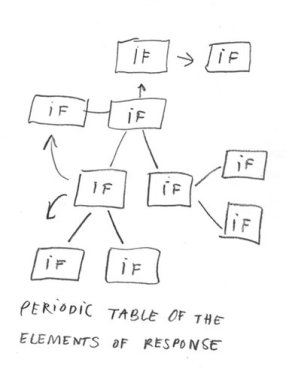

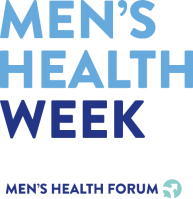 We have written about
We have written about 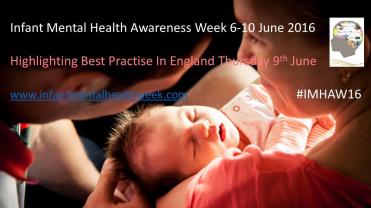 This week marks the first UK
This week marks the first UK 
